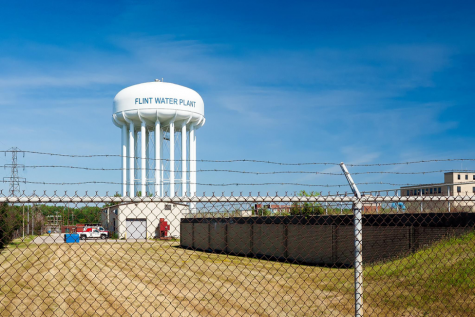Flint, Michigan Reaches Five Year Anniversary of Water Crisis
May 16, 2019
Although the five year anniversary of the water crisis just occurred, Flint has yet to fully recover.
On April 25, 2014, the city of Flint, Michigan switched its water source from Lake Huron to the Flint River. What followed was a series of major health concerns, protests, and lawsuits as critical levels of lead were found in the water. Now, in April of 2019, a federal judge, Linda V. Parker, has ruled that Flint residents may continue pursuing legal action against the federal government.
The lawsuits addressed by Parker target the EPA and claim that it “negligently responded to the water crisis,” according to CNN. EPA officials allegedly were aware of the lead contamination and did not respond to it immediately.
In addition to the federal lawsuits, numerous residents sued state and city officials. For example, CNN also states that in 2017, an outbreak of Legionnaires Disease that left 12 dead led to involuntary manslaughter charges against multiple officials.
“Multiple civil lawsuits against state and federal agencies and private contractors are grinding their way through the courts,” according to NPR.
Throughout the past five years, residents dealt with constant water advisory warnings due to lead, E.Coli, and other similar hazards. People experienced rashes and mysterious bouts of illness, especially children, who are already vulnerable to experiencing permanent damage from lead exposure. Since then, NPR reports that Flint’s water has improved and is “well within federal and state standards for lead.”
Karen Weaver, the mayor of Flint who took office in 2015, still advises residents to drink bottled water. One reason being that a major source of lead in the water is the corrosion of old (lead) pipes which she is working to address.
The New York Times states that “more than 8,000 service lines have been replaced so far, and thousands more have been examined and found to not be made of lead.” Weaver is striving for the remaining 7,000 to be inspected by the end of the summer.
Amid pending lawsuits, Flint residents are still pursuing action for what happened to their community and trying to recover.
Flint resident and founder of Water You Fighting For, Melissa Mays, states to NPR, “In some ways we’re better. In other ways, we’re forever poisoned, damaged, traumatized … that’s not gonna ever be better.”






